 |
| Mr. Hoang Manh Phuong, Deputy Director of Legal Department ( Ministry of Finance ) |
“The Drafting Committee is very receptive, listening to the opinions and contributions of all organizations, individuals, businesses, and economic experts so that the Investment Law both ensures state management requirements and creates favorable conditions for businesses,” emphasized Mr. Hoang Manh Phuong, Deputy Director of the Legal Department (Ministry of Finance) .
Sir, the Investment Law 2020 has been implemented for less than 5 years, but has been amended and supplemented twice. Why is it being comprehensively amended now?
For the first time (in 2024), the 2020 Investment Law was amended and supplemented in the direction of continuing to decentralize and delegate the authority to approve investment policies for a number of types of projects to the People's Committees at the provincial level in order to streamline processes and procedures, and enhance the autonomy and self-responsibility of local authorities. At the same time, the Law added special investment procedures for projects in the fields of semiconductor and high-tech industries... in industrial parks, export processing zones, high-tech zones, concentrated information technology zones, and free trade zones in the direction of shifting from "pre-inspection" to "post-inspection". This is a breakthrough content to shorten project implementation time, demonstrating a new approach in institution building, both ensuring state management requirements and creating favorable conditions for businesses.
In 2025, the Investment Law will once again be amended and supplemented to meet the requirements of science , technology, innovation and national digital transformation development in the spirit of Resolution 57-NQ/TW on breakthroughs in science, technology, innovation and national digital transformation development.
After two amendments, it can be said that the Investment Law 2020 has met the requirements of practice. However, in order for GDP to grow by double digits, the current provisions of the Investment Law as well as many other laws have revealed limitations related to regulations on freedom of business, preferential policies, investment support, procedures, and order of investment and business activities. Therefore, it is necessary to continue to amend, supplement, or amend comprehensively.
Furthermore, from July 1, 2025, the two-level local government will come into operation after merging the provincial and commune levels and eliminating the intermediate levels (districts and counties). Therefore, not only the Investment Law, but also a series of other laws must be amended, supplemented or comprehensively revised to meet the new administrative apparatus organization model, with the management requirement of "locality decides, locality acts, locality is responsible".
So how will the Investment Law be amended?
At the 10th Session, the 15th National Assembly will amend and supplement more than 40 laws, including the Investment Law, in the spirit of perfecting the law on market economy, building a favorable, open, transparent, safe legal environment with low compliance costs; thoroughly cutting and simplifying unreasonable investment, business and practice conditions and administrative procedures; promoting start-ups, innovation, improving the investment and stable business environment... Creating a legal basis for the private economic sector to effectively access resources of capital, land and high-quality human resources.
The new Investment Law must ensure the spirit of Resolution 68-NQ/TW on private economic development, which is to create a business environment that is open, transparent, stable, safe, easy to implement, low cost, meets international standards, and ensures competitiveness in the region and globally. The new Investment Law will also have breakthrough policies to develop the private economy in priority areas, invest in research and development, apply science and technology, and digital transformation; minimize intervention and eliminate administrative barriers and "request - grant" mechanisms; ensure a clear, consistent, long-term stable, and easy-to-comply business environment.
Will the concept of "Investment policy approval" be eliminated when amending the Investment Law, sir?
Previously, the 2014 Investment Law used the concept of “investment policy decision”, so this procedure was almost like a type of license. The 2020 Investment Law has removed this concept, replacing it with “investment policy approval”. This is the competent state agency’s approval of the project’s objectives, location, scale, progress, and implementation period, so it is no longer a license, does not cause trouble for businesses, but is the responsibility of the state management agency.
Many domestic and foreign enterprises recommend that the investment policy approval procedure should still be maintained because this is the government's commitment to investors. Without this commitment, in case the law changes and harms the investor's interests or is violated by other agencies, organizations or individuals, the investor has a legal basis to file a lawsuit. The investment policy approval document also helps enterprises to be more convenient in the process of transferring and adjusting the project.
But sir, in reality, to receive a "decision" or "approval" of an investment policy, businesses spend a lot of time, effort, and even lose investment opportunities?
To minimize inconvenience, the Investment Law (amended and supplemented in 2025) has decentralized the authority to approve investment policies from the Prime Minister to the Provincial People's Committee for a number of projects, aiming to streamline procedures and enhance the autonomy and self-responsibility of local authorities.
This amended Investment Law is expected to transfer all responsibility for approving investment policies from the National Assembly to the Prime Minister. Even important projects with great socio-economic impacts, requiring special mechanisms and policies that are not yet regulated by law, will be assigned to the Prime Minister for approval of investment policies, after receiving the consent of the National Assembly Standing Committee. At the same time, the new Investment Law also expands the subjects and projects that the Prime Minister can delegate approval authority to the Provincial People's Committee.
Sir, what adjustments will the new Investment Law have in investment policy approval procedures?
To simplify investment procedures, the new Investment Law narrows the scope of projects that must undergo investment policy approval. It only applies to projects that have a major impact on the environment or pose a potential risk of seriously impacting the environment; projects that affect national defense and security; projects in important areas such as seaports, airports, etc.
Investment policy approval is not required for projects that have been specifically identified in terms of name, scale, objectives, location, investor (if any), progress, and duration (if any) in the national sector planning or provincial planning. Investors implementing projects in the case of land allocation or land lease through land use rights auctions or bidding to select investors to implement projects using land (except for projects under the approval authority of the Prime Minister, large-scale projects with great impacts such as urban areas, airports, seaports, industrial parks, etc.) also do not need investment policy approval.
The Drafting Committee also plans not to require approval of investment policies in cases where investors win the auction for mineral exploitation rights, or are assigned to invest in the construction of technical infrastructure for industrial clusters.
Source: https://baodautu.vn/luat-dau-tu-moi-phan-cap-toi-da-thu-tuc-dau-tu-ve-dia-phuong-d400080.html






![[Photo] Dan Mountain Ginseng, a precious gift from nature to Kinh Bac land](/_next/image?url=https%3A%2F%2Fvphoto.vietnam.vn%2Fthumb%2F1200x675%2Fvietnam%2Fresource%2FIMAGE%2F2025%2F11%2F30%2F1764493588163_ndo_br_anh-longform-jpg.webp&w=3840&q=75)

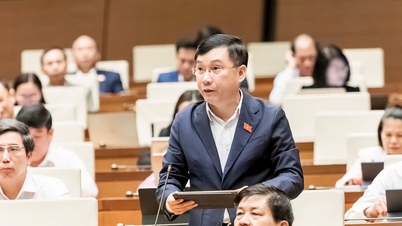

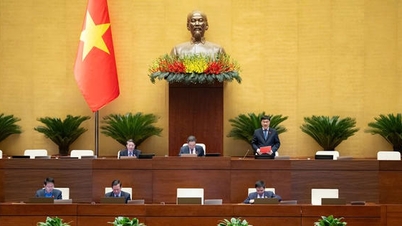


























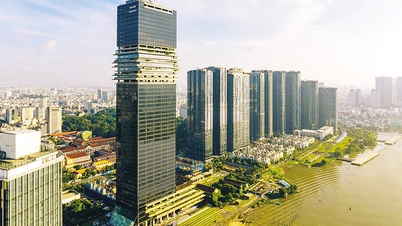
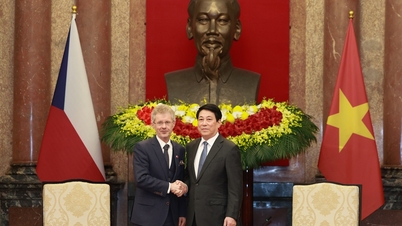

































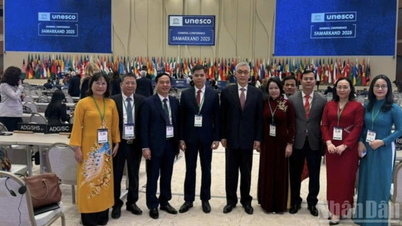





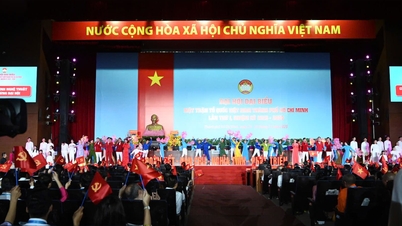




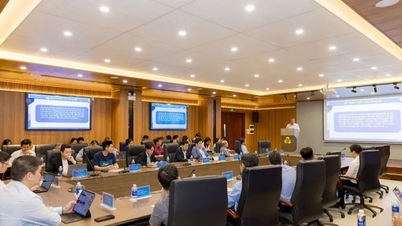

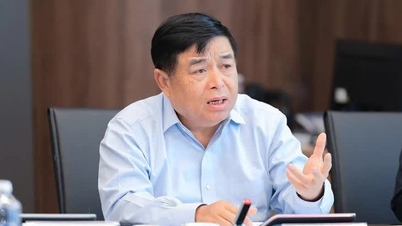





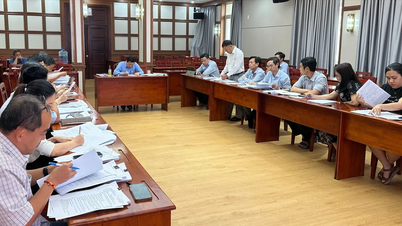

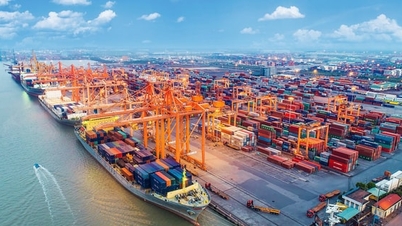
















Comment (0)